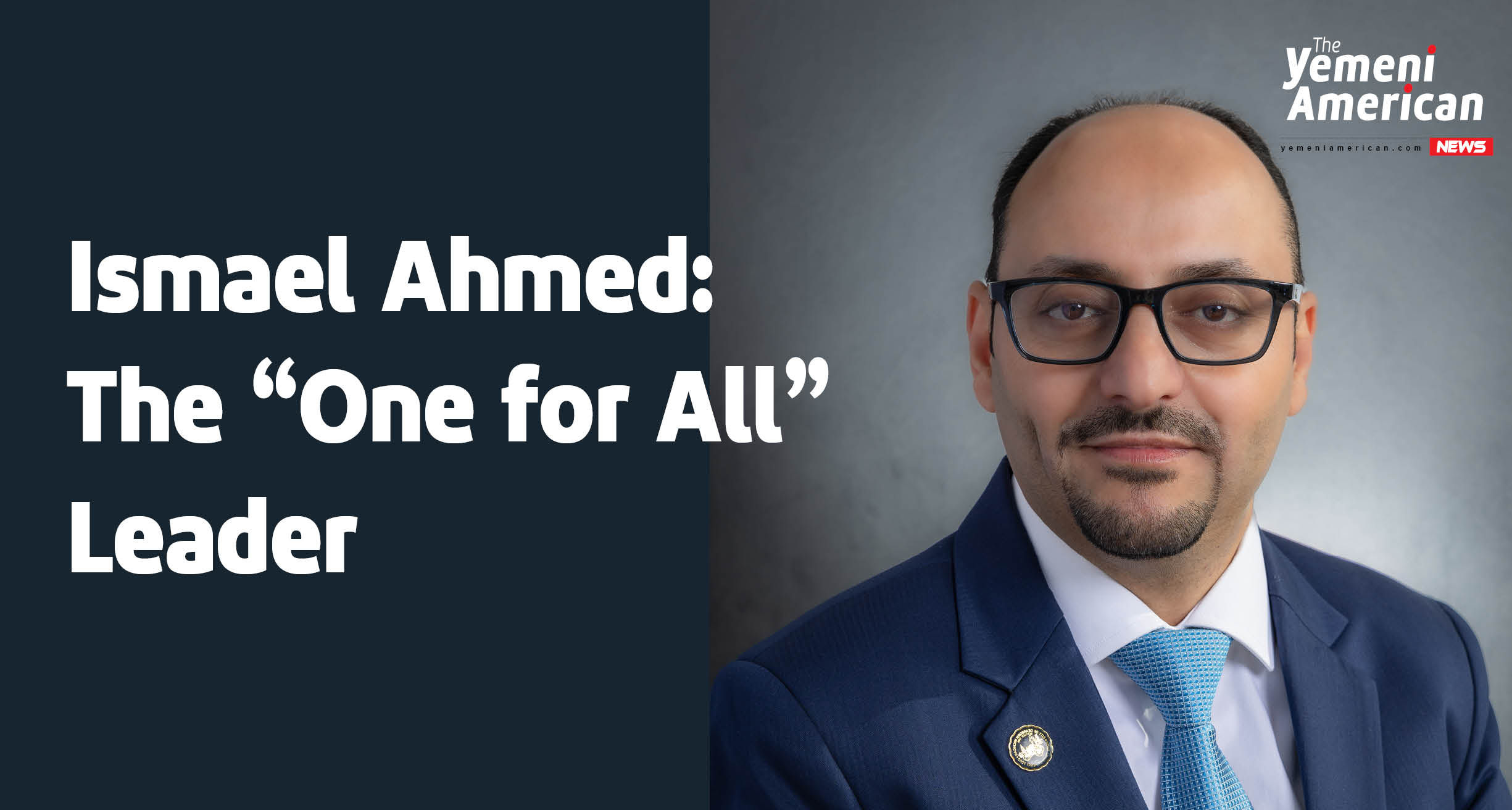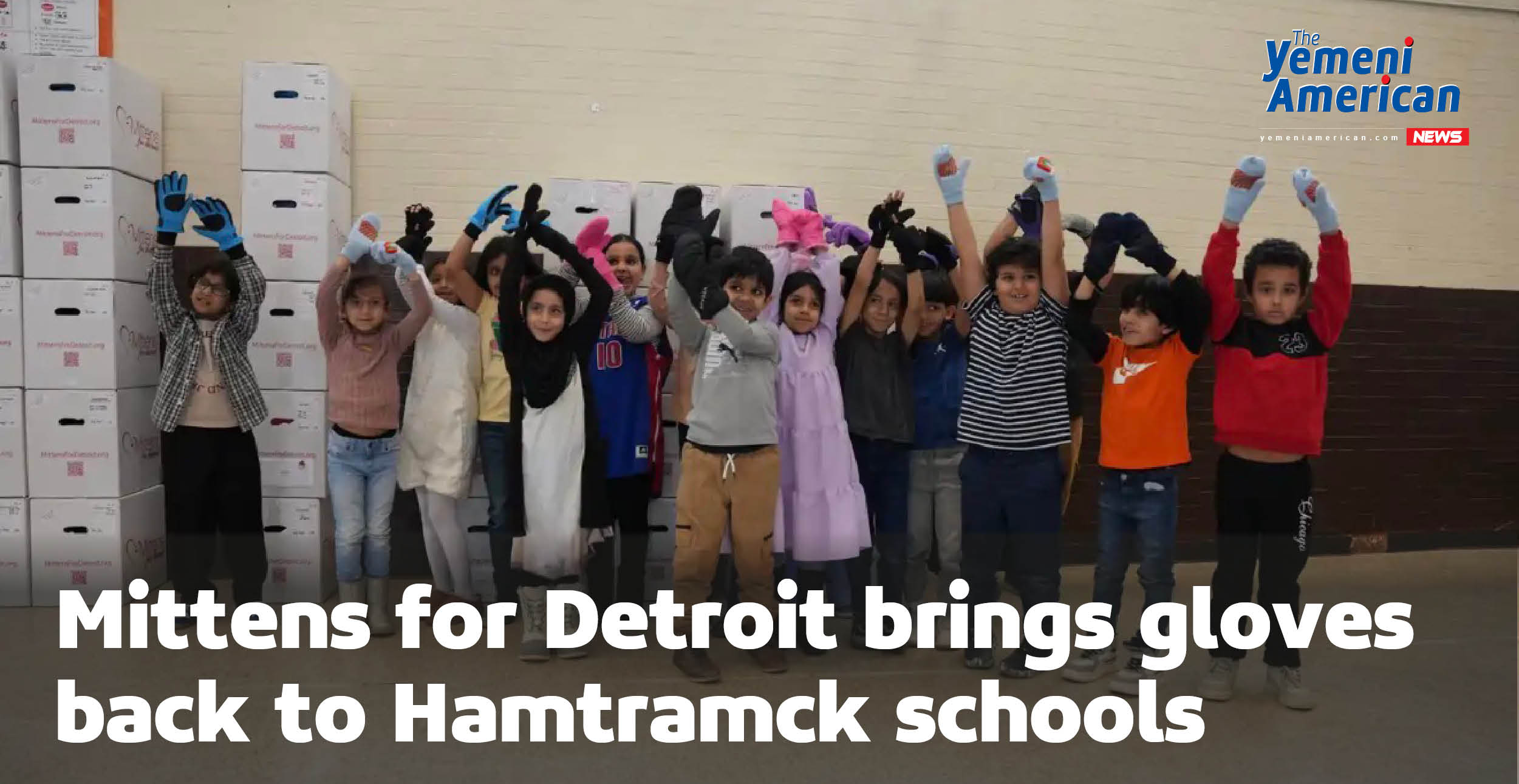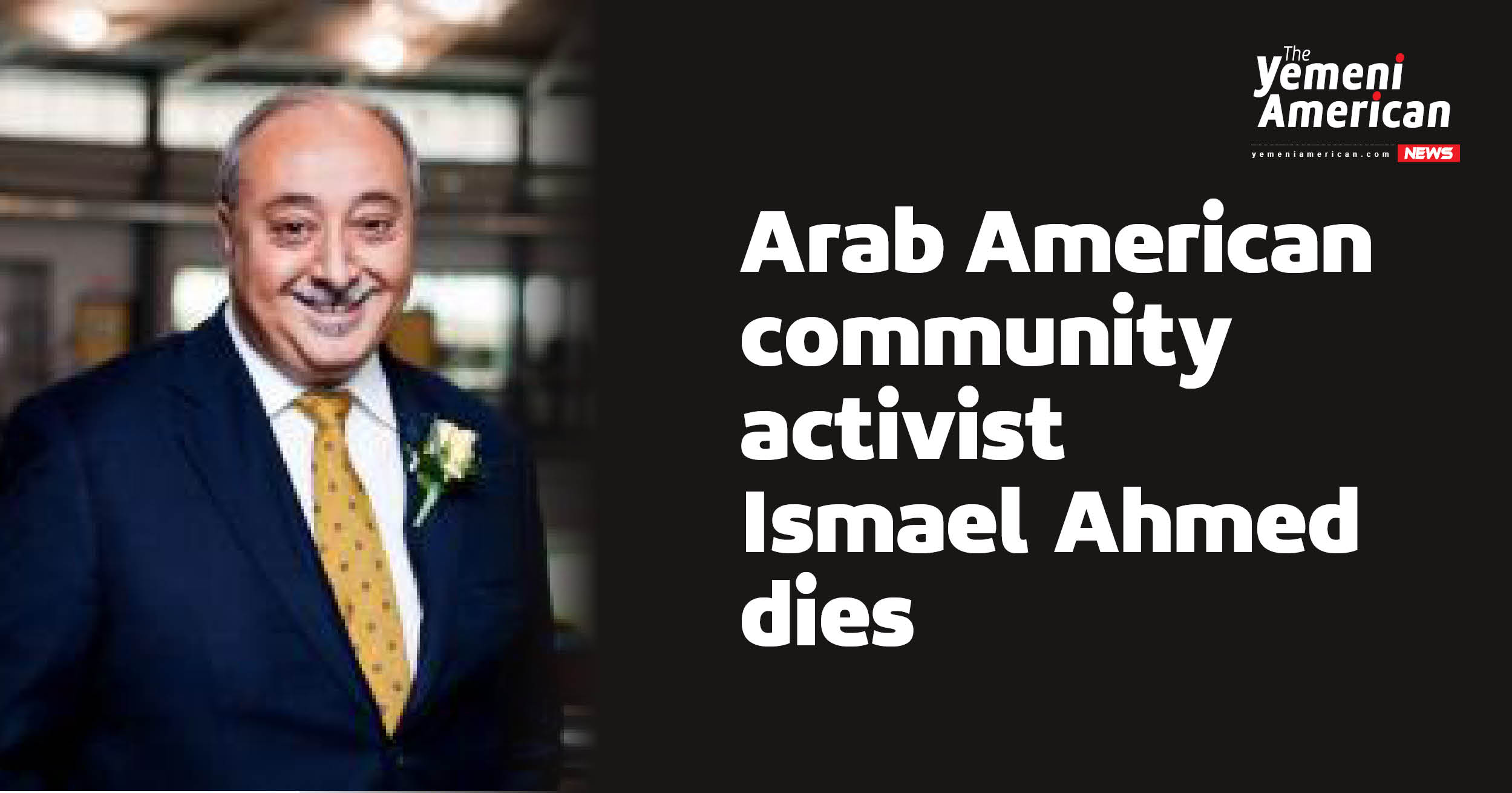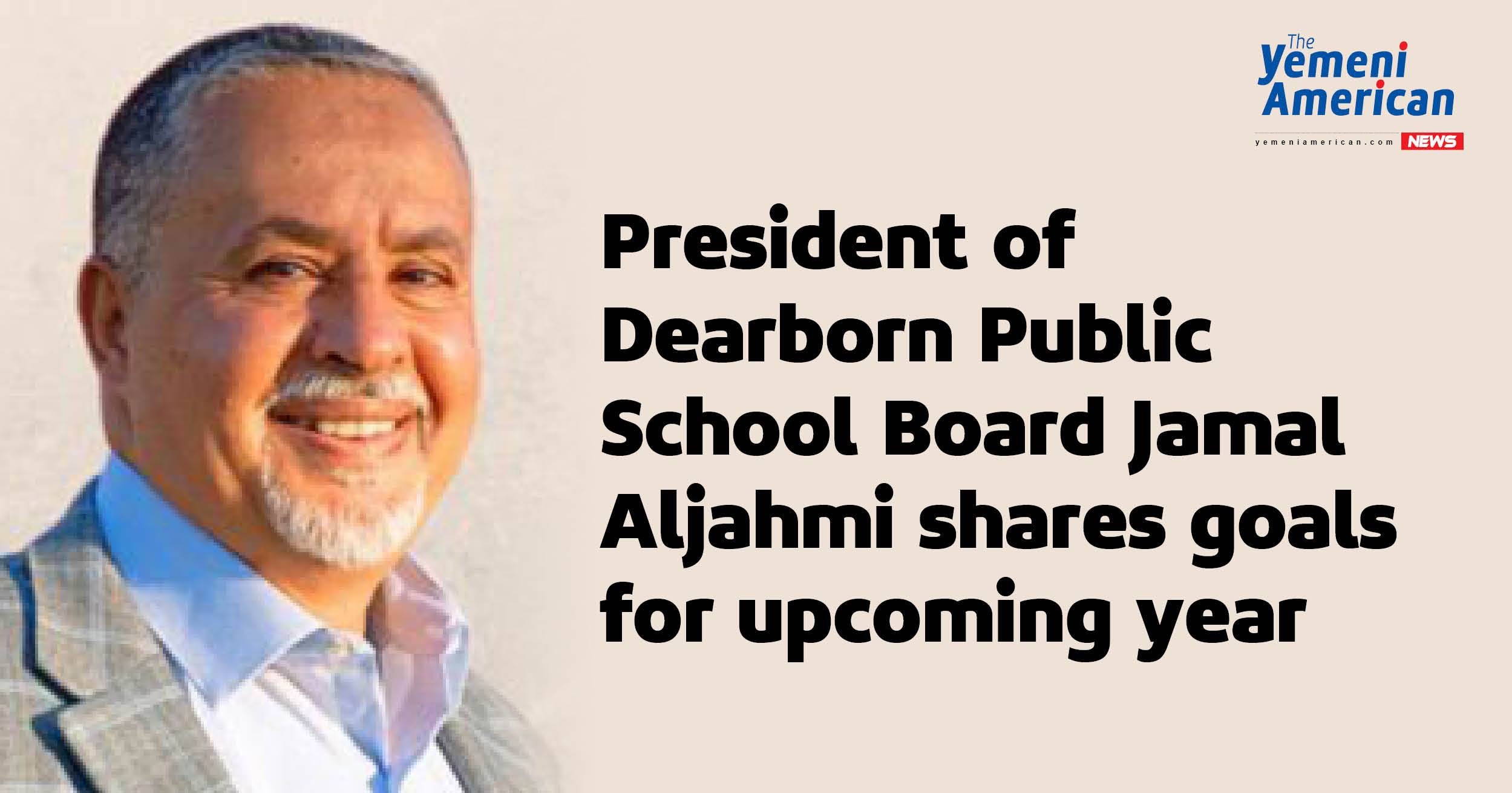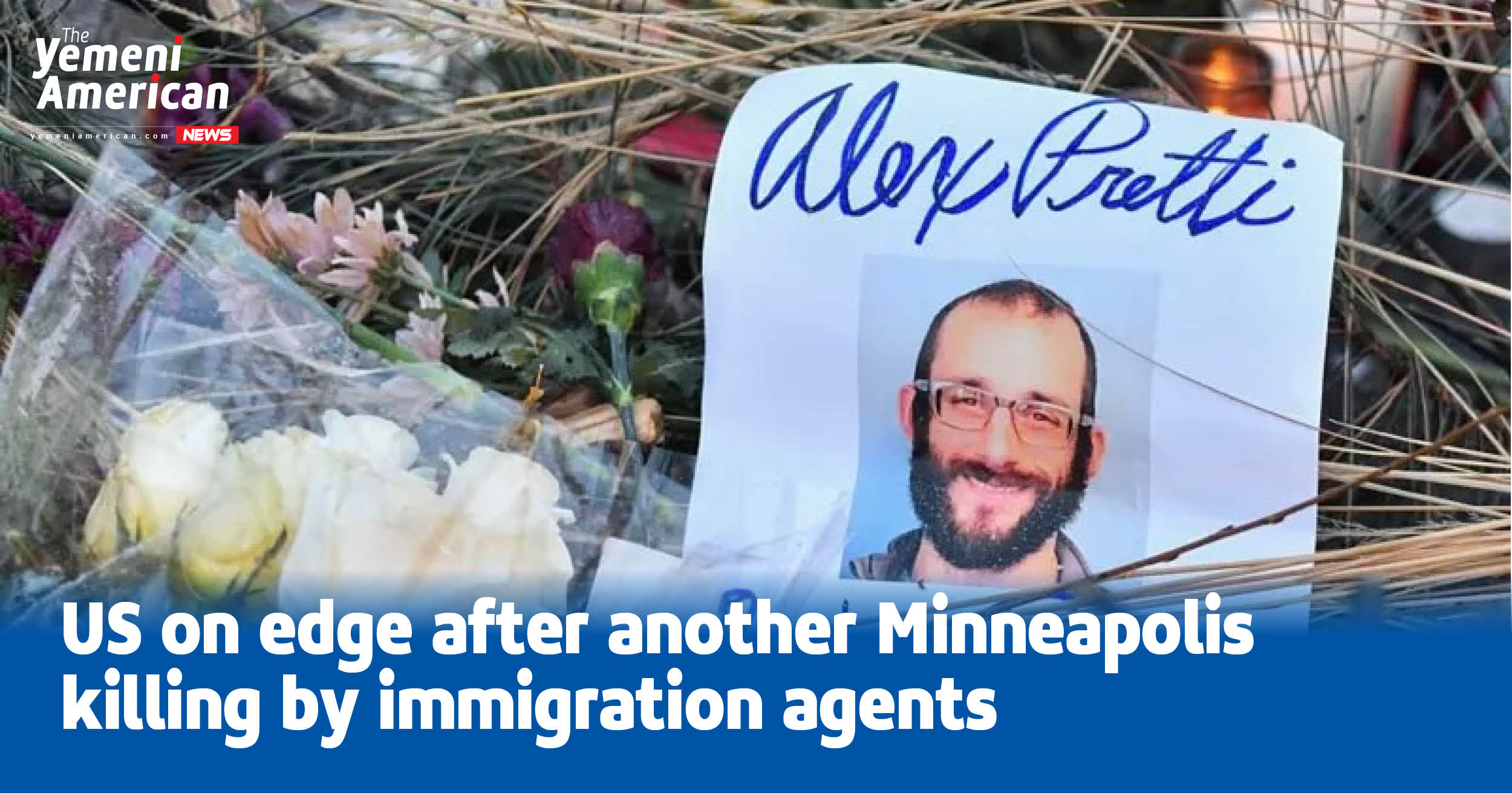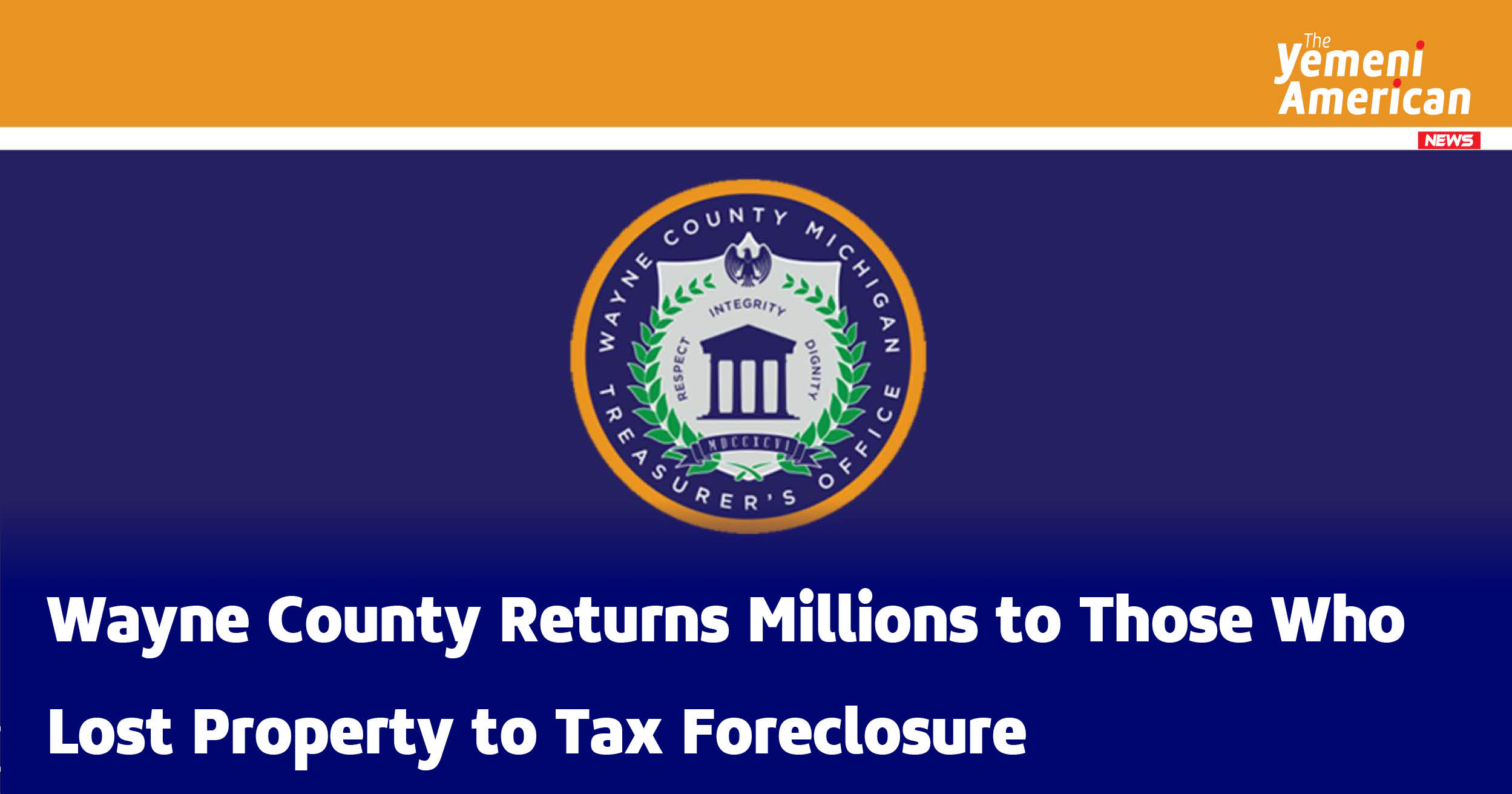By Nargis Rahman
Anisa Sahoubah is the Director of Youth and Education at ACCESS. She has been named a 2025 Skillman Visionary Awardee for her work in youth development and educational reform across metro Detroit.
The prestigious award recognizes, “individuals who are updating and upgrading the education system in Detroit and beyond, according to Skillman.org.
Sahoubah says receiving the Skillman Visionary award is honorable.
“The award is given to those who have transformed education, who have advocated for equitable education for all students, no matter the background, no matter the socioeconomic background, and for those who are leveraging the partnerships, because none of this work can be done in a vacuum,” she says.
Sahoubah’s father traveled to the U.S. prior from Yemen, settling in and working before bringing his family to join him. Sahoubah immigrated to the U.S. with her mother and brother when she was 5 years old.
She didn’t speak a word of English.
“Even at five years old, I remember what that felt like,” she explains that this experience shaped her future work to create cultural understanding among youth and educators.
“My parents didn’t get the opportunity to go to school like I did, so I’m always remembering that it’s a real privilege, and how do I make sure that I’m using that privilege for good?,” she asks.
One of those ways was giving back to her community by volunteering at ACCESS as a teenager.
“I wanted to help the youth around me. I wanted to establish programs. So even when I was a teenager that was something that I really enjoyed doing,” she says.
She then attended Wayne State University, where she attained Bachelor’s in English Literature with a minor in Communications. She also earned a teaching certificate, while working at ACCESS.
“That was really the catalyst for my decision to not just stay at ACCESS, but to continue my education work,” she expresses.
Sahoubah says at ACCES she began The 21st Century Community Learning Centers (21st CCLC) afterschool enrichment programs for high school youth. They started with two schools in 2021.
She later attended the University of Michigan-Dearborn, where she got her Master’s degree to develop management skills in education.
She also expanded the 21st CCLC programs from two schools to 24, to build a strong academic foundation for youth. The program focuses on math and literacy to build a strong academic foundation.
“Oftentimes, when they get into college, they have a higher likelihood of dropping out, they have a higher likelihood of not graduating within a 4-5 year timeframe because they don’t have that strong academic foundation,” she explains, saying that many students end up spending a lot of money on remedial trainings.
Sahoubah says students also lose hope.
“How do we ensure that while kids are within the K-12 system… that they have those foundational skills, not just academic, but those soft skills, public speaking, communication, stress management, time management, how to be resourceful, how to problem solve, how to be resilient when you encounter any challenge,” she explains.
She says youth need these skills in the workforce, their personal lives, and within their families.
Coupled with summer employment opportunities for the youth, the 21st CCLC program provides social-emotional support for youth and their parents by gaining community buy-in. She hopes that this will be a bridge to future career pathways and employment.
“It was really in response to community needs. The program focused not just on a strong academic foundation, but also on social emotional health, on engaging parents in their children’s education, giving them opportunities to serve within their communities, and mentorship opportunities,” she explains.
Sahoubah says it’s important to give back.
“All of the resources and services that oftentimes youth don’t get at school or they don’t get in their communities, we really wanted to make sure that they had those opportunities,” she shares.
Many of the students who attend the program also get their first jobs within the program, what Sahoubah calls an unintended value to the program.
“The program employs hundreds of students a year and over time, that’s translated into 1,000’s of opportunities for youth and young people to gain employability experience, gain professional development experience, before they get into college,” she explains.
Sahoubah now oversees multiple regional programs, youth and education, and general oversight of social services and workforce development.
The 21st CCLC program has now expanded to over 50 schools throughout Michigan.
Sahoubah says success comes from people coming together to make a lasting impact.
“That includes families, that includes school systems, that includes higher education, the business community, charter schools, public schools, all of us coming together to give children opportunities that will help them for for a lifetime, and that’s really my guiding principle, is to involve any entity who can help us do this work, and if it’s already being done, we’re, you know, I really try not to duplicate any efforts, but to leverage those resources.”
She says the program template she helped develop can be used nationwide and beyond. She has been documenting best practices, partnerships, and even pitfalls to help others learn and replicate similar programs.
“There has been a lot of trial and error. We’ve really focused on case studies, documenting that journey, so that others can learn from us. It’s taken us over 55 years to get here,” she expresses.
Sahoubah, who is Yemeni American, says her experiences as an immigrant child in school has shaped her work today.
“It’s my lived experience. I’m also an immigrant. I also have parents who didn’t have the opportunity to go to school. So a lot of the challenges that students are encountering. Those were the same challenges that I encountered,” she shares.
She was raised in South Dearborn.
“I use that information and knowledge, but I also use the data that we collect and the data that the schools give us, we take all of that information and we use those to guide you know, the programs that we create, where to go next in this work,” she says.
Sahoubah works with the Yemeni community in Dearborn, Melvindale, and Hamtramck, among other communities.
She says Yemeni Americans have had tremendous growth.
“The Yemeni American population has always valued education, but what I’ve seen is more of an interest in continuing education. I’ve seen more engagement from parents and their children’s education and wanting to know what resources are available to help their children… pre-secondary, but also post secondary.”
She says many Yemeni Americans are going into unconventional industries.
“Kids are more exposed, not just through their engagement in programs, but also through the schools. Again, this is a collective effort through you know what they’re learning about on the internet, for example. So I’m really proud of how many Yemeni Americans are venturing into unconventional industries.”



